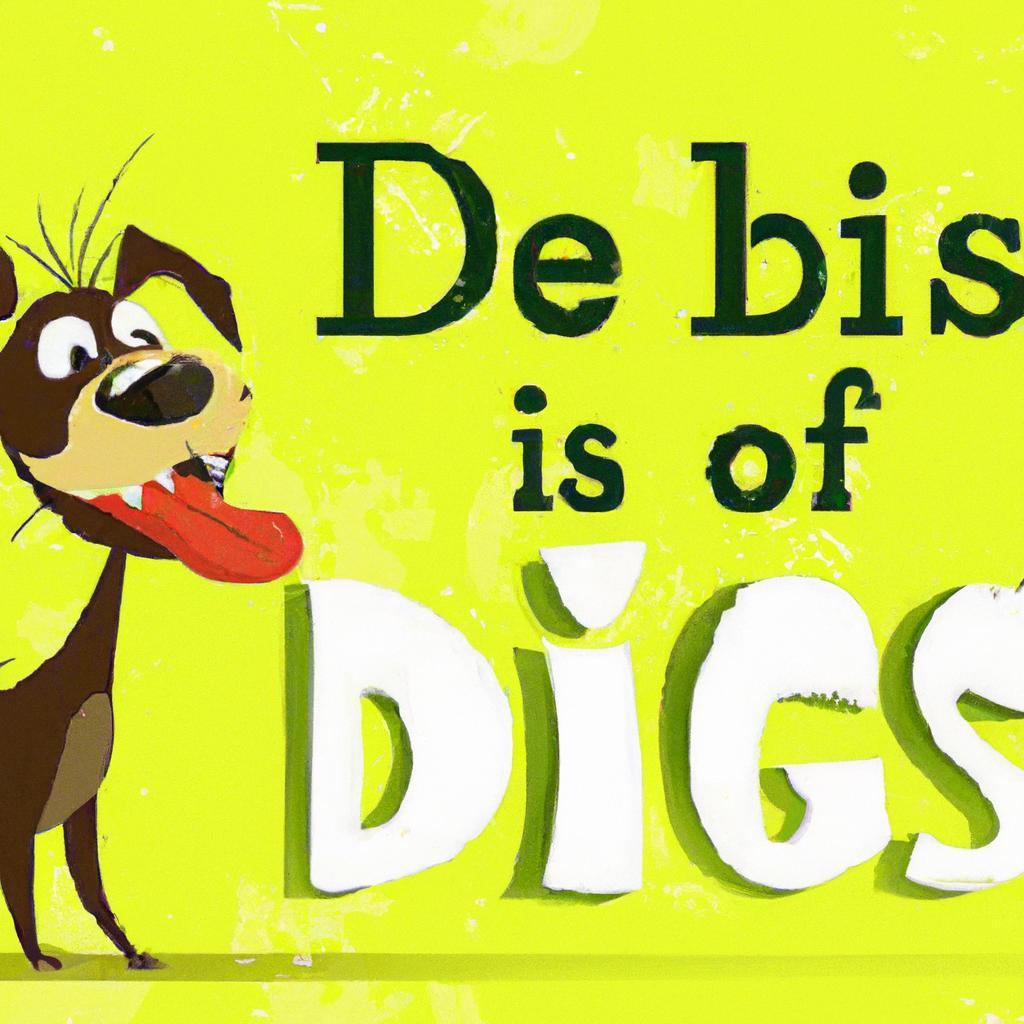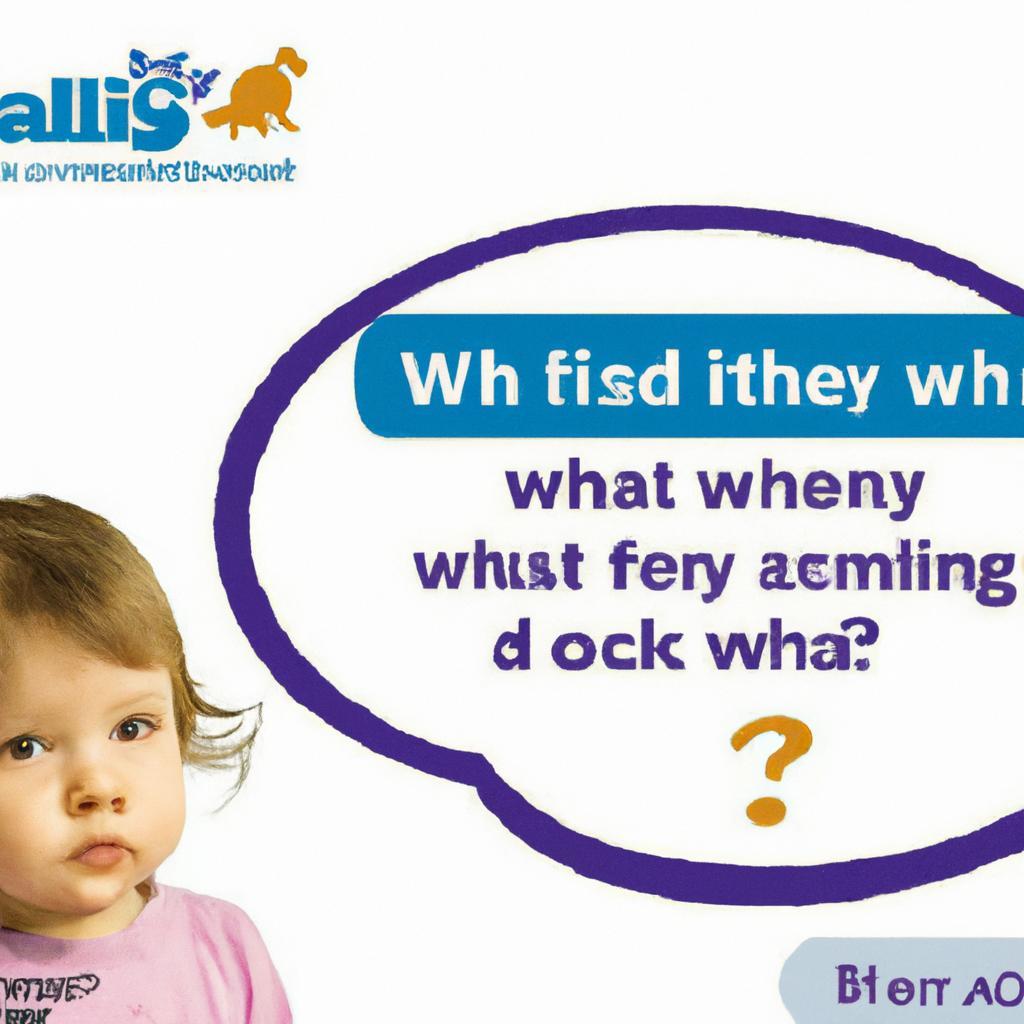When the Johnson family decided to bring a dog into their home, they envisioned a playful companion for their two young children. After researching various breeds, they discovered the Golden Retriever. Known for their gentle temperament and boundless energy, Goldens quickly became the perfect fit. With every wagging tail and joyful bark, they fostered laughter and love in the household. Choosing the right dog can transform family life, and for the Johnsons, the Golden Retriever was undeniably the best choice for their kids.
Contents
- Understanding the Temperament of Family-Friendly Dog Breeds
- Evaluating Size and Energy Levels for Optimal Compatibility
- Training and Socialization: Key Factors for a Harmonious Household
- Health Considerations: Choosing a Breed with Longevity and Resilience
- Q&A
Understanding the Temperament of Family-Friendly Dog Breeds
When considering a dog that will thrive in a family environment, understanding the temperament of various breeds is crucial. Family-friendly dogs typically exhibit traits such as **gentleness**, **patience**, and **affection**, making them ideal companions for children. These breeds often possess a natural instinct to protect and nurture, creating a safe and loving atmosphere for kids to grow up in.
Many breeds are renowned for their compatibility with children. For instance, the **Labrador Retriever** is celebrated for its friendly demeanor and playful nature. This breed is not only energetic but also incredibly loyal, making them a perfect playmate for active kids. Similarly, the **Golden Retriever** is known for its intelligence and eagerness to please, which translates into a gentle and tolerant attitude towards children, ensuring a harmonious household.
Another breed worth considering is the **Beagle**, known for its curious and friendly disposition. Beagles are typically good-natured and enjoy being part of family activities, making them excellent companions for kids who love to explore. Additionally, the **Bulldog** is often overlooked but possesses a calm and affectionate temperament, making them great for families looking for a more laid-back dog that still enjoys the company of children.
Ultimately, the best family-friendly dog is one that aligns with your family’s lifestyle and values. It’s essential to consider not only the breed’s temperament but also how they interact with your children. By choosing a dog that is known for its gentle nature and compatibility with kids, you can foster a loving relationship that enriches both your family’s life and the dog’s experience. Remember, a well-matched dog can become a cherished member of the family, providing joy and companionship for years to come.
Evaluating Size and Energy Levels for Optimal Compatibility
When considering a dog for a family with children, it’s essential to assess both the size and energy levels of potential breeds. Larger dogs can be incredibly gentle and protective, making them suitable companions for kids. Breeds like the **Labrador Retriever** and **Golden Retriever** are known for their friendly demeanor and robust size, providing a sense of security while also being playful. However, it’s crucial to ensure that the dog’s size does not overwhelm younger children, who may be more vulnerable to accidental knocks or bumps.
On the other hand, smaller breeds can also be excellent choices, provided they possess the right temperament. Breeds such as the **Beagle** or **Cavalier King Charles Spaniel** are not only compact but also exhibit a playful nature that can engage children without the risk of injury. These dogs often have a lower energy level compared to larger breeds, making them easier to manage in a home with young kids. However, it’s important to note that some small breeds can be more fragile, so supervision during playtime is essential.
Energy levels play a pivotal role in determining compatibility. High-energy breeds, like the **Border Collie** or **Australian Shepherd**, require ample exercise and mental stimulation. While they can be fantastic companions for active families, they may not be the best fit for households with less active lifestyles. Conversely, breeds with moderate energy levels, such as the **Basset Hound** or **Shih Tzu**, can adapt well to a more relaxed environment, making them ideal for families who enjoy quieter activities.
Ultimately, the best dog for a family with children will depend on a harmonious balance between size and energy levels. It’s vital to consider the activity level of your household and the ages of your children when selecting a breed. Engaging with local shelters or breed-specific rescues can also provide insights into individual dog personalities, ensuring that you find a furry friend who will thrive in your family dynamic. By carefully evaluating these factors, you can foster a loving and safe environment for both your children and your new canine companion.
Training and Socialization: Key Factors for a Harmonious Household
When welcoming a dog into a home with children, training and socialization become paramount. A well-trained dog not only understands basic commands but also learns to navigate the bustling environment of a family. This ensures that interactions between the dog and children are safe and enjoyable. Investing time in training sessions can foster a bond of trust and respect, making the dog more responsive to the children’s cues and behaviors.
Socialization is equally crucial, as it exposes the dog to various people, environments, and experiences. A dog that is well-socialized is less likely to exhibit fear or aggression in unfamiliar situations, which is essential in a household with kids. Regular outings to parks, playdates with other dogs, and visits to pet-friendly locations can help your dog become more adaptable and confident. This not only benefits the dog but also teaches children how to interact appropriately with animals.
Incorporating positive reinforcement during training and socialization can yield remarkable results. Rewarding good behavior with treats, praise, or playtime encourages the dog to repeat those behaviors. This method not only makes training enjoyable but also strengthens the bond between the dog and the family. Children can participate in this process, learning responsibility and empathy as they help train their furry friend.
Ultimately, a harmonious household thrives on the principles of training and socialization. By prioritizing these factors, families can ensure that their dog is not just a pet, but a beloved member of the family. A well-adjusted dog will not only enhance the joy of family life but also provide children with a loyal companion, teaching them valuable lessons about love, care, and respect for animals.
Health Considerations: Choosing a Breed with Longevity and Resilience
When selecting a dog breed for families with children, it’s essential to consider not just temperament but also health and longevity. Certain breeds are known for their resilience and ability to thrive in a family environment, making them ideal companions for kids. By choosing a breed that is less prone to genetic disorders and has a longer lifespan, families can enjoy more years of companionship and joy.
**Researching breed-specific health issues** is crucial. Some breeds are predisposed to certain health conditions that can affect their quality of life and longevity. For instance, breeds like the Labrador Retriever and Beagle are generally known for their robust health, while others, such as Bulldogs and Dachshunds, may face more significant health challenges. Understanding these predispositions can help families make informed decisions that align with their lifestyle and expectations.
**Resilience is another key factor** to consider. Breeds that are adaptable and have a strong constitution can better handle the rigors of family life. For example, breeds like the Golden Retriever and Boxer are not only friendly and playful but also tend to be more resilient against common ailments. This adaptability allows them to engage actively with children, making playtime safe and enjoyable.
**consider the breed’s energy levels and exercise needs**. A dog that is both healthy and energetic can provide endless fun for children, fostering a bond that is beneficial for both. Breeds such as the Australian Shepherd or the Labrador Retriever require regular exercise, which can encourage families to engage in outdoor activities together. This not only promotes a healthy lifestyle for the dog but also instills good habits in children, creating a harmonious family dynamic.
Q&A
-
What breeds are generally considered the best for kids?
Some of the best dog breeds for families with children include:
- Labrador Retriever – Known for their friendly and gentle nature.
- Golden Retriever – Highly tolerant and great with kids.
- Beagle – Energetic and playful, making them fun companions.
- Bulldog – Calm and affectionate, perfect for a family environment.
-
How do I choose the right dog for my family?
When selecting a dog, consider the following:
- Temperament – Look for breeds known for their patience and friendliness.
- Size – Ensure the dog’s size is appropriate for your living space and children.
- Energy Level – Choose a breed that matches your family’s activity level.
- Age – Puppies require more training and supervision, while older dogs may be calmer.
-
Are there any specific training tips for dogs with children?
Yes, effective training is crucial. Here are some tips:
- Socialization – Expose your dog to children and various environments early on.
- Positive Reinforcement – Use treats and praise to encourage good behavior around kids.
- Set Boundaries – Teach children how to interact with the dog respectfully.
- Consistency – Maintain a consistent training routine to reinforce good habits.
-
What should I consider regarding dog health and safety around kids?
Health and safety are paramount. Consider the following:
- Regular Vet Check-ups – Ensure your dog is healthy and up-to-date on vaccinations.
- Supervision – Always supervise interactions between dogs and young children.
- Dog’s Behavior – Be aware of signs of stress or discomfort in your dog.
- Training – Invest time in training to prevent behavioral issues.
choosing the right dog for your family can create a harmonious and joyful environment for both children and pets. Consider factors like temperament, size, and energy levels to ensure a perfect match. A loving canine companion can enrich your child’s life immeasurably.

大家好,我是彼得潘,專業的手法身體治療師。我喜歡探索和研究各種主題,並透過與人工智慧的合作分享專業、實用、有趣的文章。我們定期進行人工審核,以確保內容的準確性。如果您發現文章中有任何不準確的地方,請隨時與我們聯繫,我們會及時糾正。您可以透過 [email protected] 與我們聯繫。



